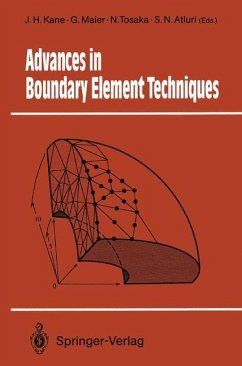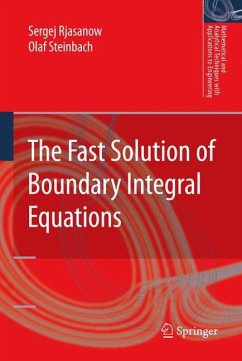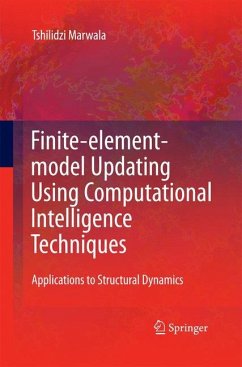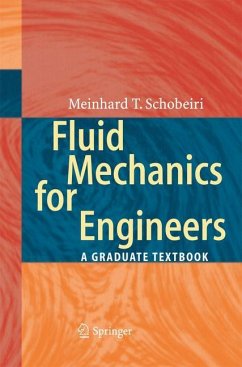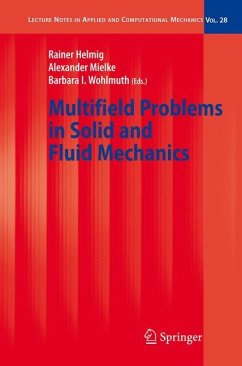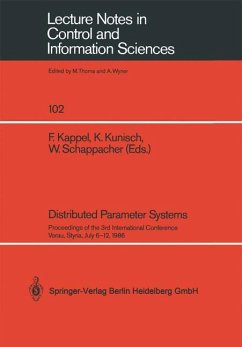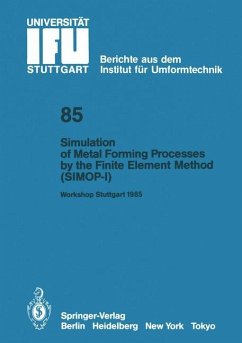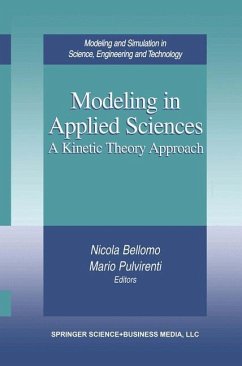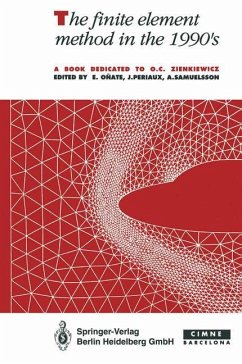
The finite element method in the 1990's
A Book Dedicated to O.C. Zienkiewicz
Herausgegeben: Onate, Eugenio; Periaux, J.; Samuelsson, A.

PAYBACK Punkte
38 °P sammeln!
Edited on the occasion of Prof. Olgierd C. Zienkiewicz' 70thbirthday, this book contains original contributions fromeminent scientists dealing with a wide range of theoreticalaspects of the Finite Element Method and its application toa variety of engineering problems. The book provides anoverview of the state-of-the-art of finite elementtechnology in the last decade of the 20th century.





